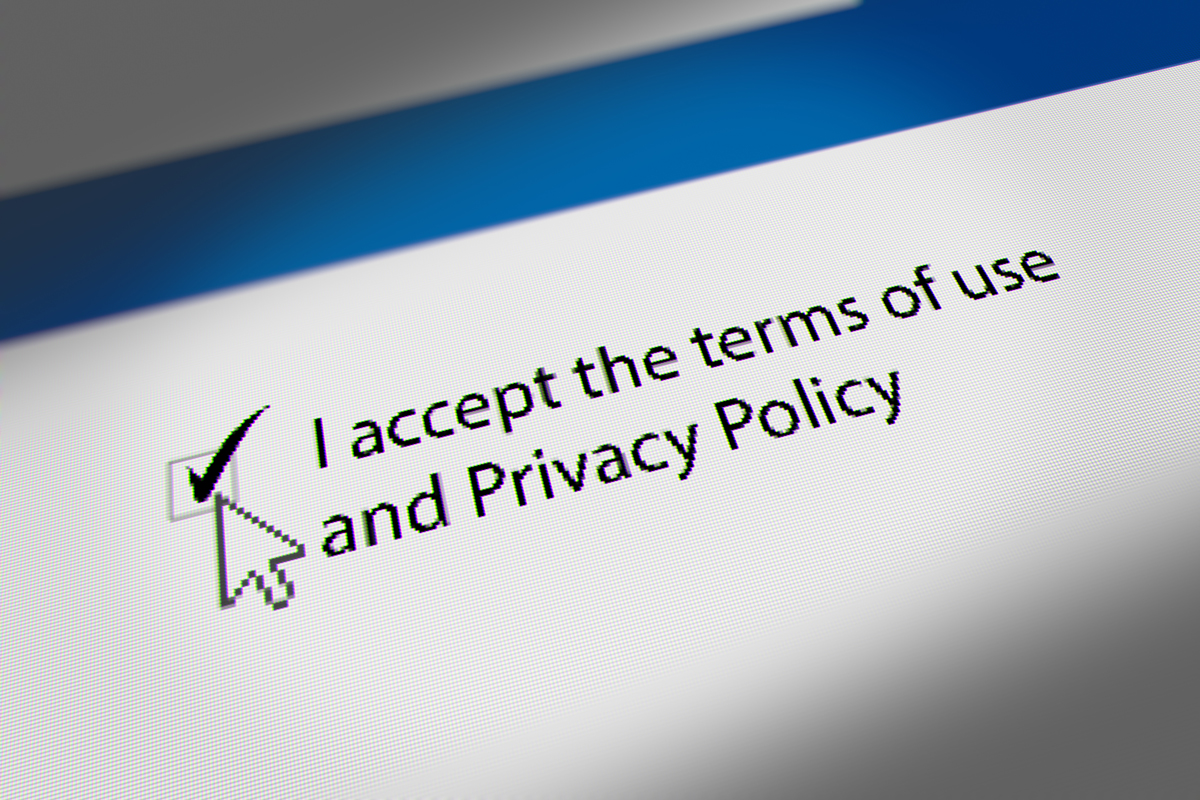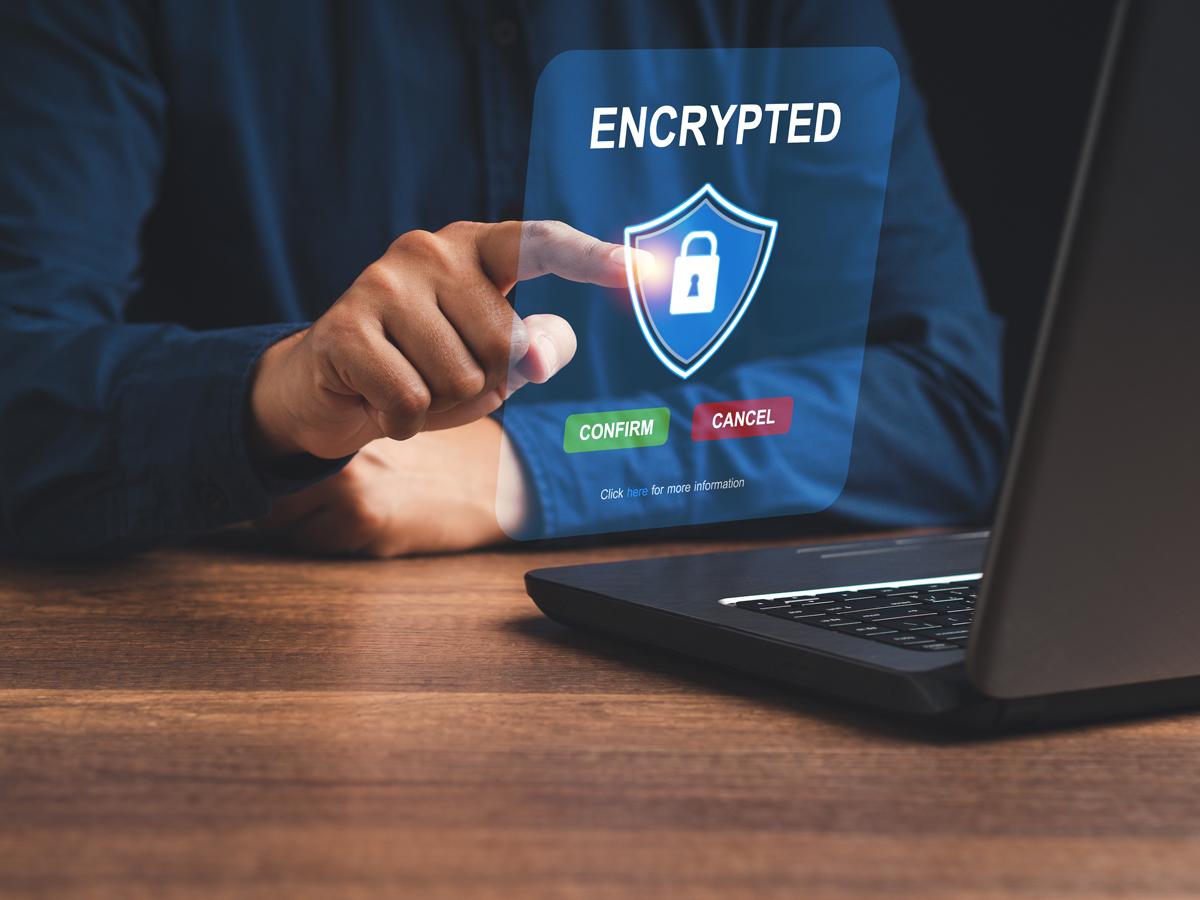Steps to Take to Improve Online Privacy
You may not be aware that your online activity is being tracked and might also feel that your privacy is being violated.
Organisations track users’ online behaviour to better understand their audience and customers. By analysing a user’s search history, browsing habits, and online purchases, companies can gain insights into their customers’ preferences, behaviours and needs. This information can be used to tailor marketing campaigns and improve customer experiences.
It can also be used to help improve online security. By monitoring user activity, companies can detect and prevent cyber-attacks, such as phishing scams and malware infections.
Here are seven steps you can take to improve your online privacy:
1. Good security habits
Get into the habit of practising and implementing good security habits. Use strong and unique passwords for each of your online accounts, and make sure they are long and complex. You can consider using a password manager to keep track of all of them.
Enable two-factor authentication, which adds an extra layer of security to your accounts by requiring you to provide a code in addition to your password.
Use a Virtual Private Network (VPN). A VPN encrypts your internet traffic and routes it through a remote server, making it difficult for anyone to track your online activity.
You should also make sure you are using the latest versions of your operating system and software, as these often contain important security updates.
2. Secure your browser
Only access websites that have a secure URL that begins with “https” rather than “http.” The “s” indicates that the site employs a Secure Sockets Layer (SSL) Certificate and is secure. It lets you know that all contact and data between your browser and the website’s server is encrypted.
You can also use browser extensions such as AdBlock Plus and Privacy Badger, which can help protect your privacy by blocking tracking cookies and other online tracking technologies.
The Google Chrome Incognito mode enables you to browse privately so that your history is not visible to other people who use the same device. Chrome does not save your browsing history or form details. Cookies and site data are saved while you browse, but they are deleted when you leave Incognito mode.
3. Be cautious about what you share
Be mindful of what information you share online, especially on social media. Avoid sharing personal information such as your address, phone number and date of birth. You can even consider using a pseudonym or initials instead of your full name.
Adjust your privacy settings on social media and other online platforms to limit the amount of personal information that is publicly visible.

4. Read privacy policies
When using a website or downloading an app, take the time to review the permissions requested by apps before installing them, and understand the cookies of a website before accepting them. Read the privacy policy to understand how your data is being used and shared. If you’re uncomfortable with the policy, consider using a different service.
Be wary of apps that ask for unnecessary permissions, such as access to your contacts, camera, microphone or location.
5. Regularly review your online activity
Regularly review your online activity, including your social media posts, search history, and browser cookies. Clear your browser history and cookies regularly and consider using a privacy-focused browser such as DuckDuckGo.
You could consider opting out of ad personalisation in your apps and social media services. This will improve your privacy but take away some conveniences such as adverts from organisations in your area or adverts and posts that appeal to your likes and interests.
6. Use a browser instead of an app
Delete all the apps that you don’t really need and opt to use a browser instead of an app. This will free up space on your phone and even though it may not be as convenient, it will be more private as browsers can’t access as much of your information as an app can.
7. Use an encrypted app for messaging
It’s best to use a messaging app that has end-to-end encryption, such as Signal or WhatsApp, rather than an app like Facebook messenger. This way the contents of your messages are protected by encryption and can’t be read by any organisations.
It is worth noting that if you back up your WhatsApp messages to iCloud or Google Drive, then they are no longer encrypted.
So as you can see, by making a few small changes to your online behaviour you can improve your privacy and control what information you are happy to share.




